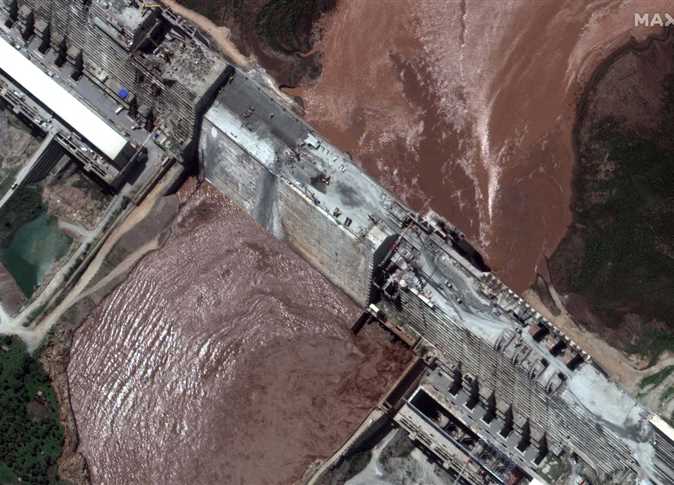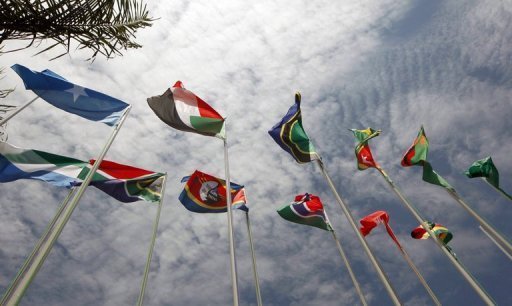
The Professor of Remote Sensing and Earth Systems Science at the Chapman University in the US, Hesham al-Askary, revealed that satellites detected a strange issue in the Grand Ethiopian Renaissance Dam (GERD) that spells disaster for Sudan.
During a phone-in with Al-Hadath Al-Youm channel on Tuesday, Askary said that satellites monitored a vertical displacement on both sides of the GERD, which affects the safety of the dam and threaten a collapse.
Askary explained that this displacement may lead to the dam’s collapse, the consequences of which would unimaginable to Sudan.
He pointed out that if the GERD collapses, the amounts of water flowing from it will be huge and the Sudanese dams will not be able to withstand it.
Askary noted that if the water revenue in Ethiopia is huge, it will force Ethiopians to open the gates of the dam significantly, which will also impact Sudanese dams.
‘There will be no leniency’
Tensions have risen between Cairo and Addis Ababa after the failure of all negotiations over the Nile River waters due to the GERD project.
Egyptian Foreign Minister Badr Abdel-Aati stressed on Tuesday that there will be no leniency, tolerance or concession regarding the Nile River’s water, as it is an existential issue directly related to Egyptian national security.
He stressed that not a single drop of Nile water can be squandered, because what his country is getting now is not enough.
Earlier in September, Abdel-Aati addressed a letter to the President of the United Nations Security Council rejecting the recent statements of Ethiopian Prime Minister Abiy Ahmed regarding the fifth phase of filling GERD.
The letter renewed Egypt’s categorical rejection of Ethiopian unilateral policies that violate the rules and principles of international law, and constitute a clear violation of the Declaration of Principles agreement and the Presidential Statement of the Security Council on September 15, 2021.
He added that Ethiopia seeks to legitimize its unilateral policies that contradict international law, and hide behind baseless claims that these policies are based on the right of peoples to development.




